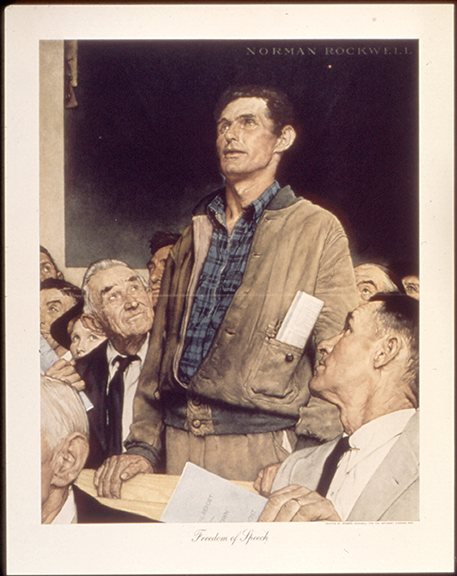In a victory for First Amendment advocates, a federal court ruled Dec. 19, 2018 that news articles about the Steel Dossier, which alleges illegal and immoral acts by Donald Trump and his campaign in 2016, were protected by the “privilege” defense against defamation suits.
The dossier (memo) was written by former British Intelligence head of the Russia desk, Christopher Steele and circulated in the months before and after the November 2016 election. It was published January 10, 2017, by BuzzFeed News with the headline: These Reports Allege Trump Has Deep Ties to Russia.
BuzzFeed cautioned that the dossier “includes specific, unverified, and potentially unverifiable allegations of contact between Trump aides and Russian operatives, and graphic claims of sexual acts documented by the Russians.”
Although the major subject of the dossier was Donald Trump and his attorneys and advisors, the suit was filed by Aleksej Gubarev, a Russian whose name was peripheral to the events described in the dossier.
In her ruling, federal judge Ursula Ungaro of Miami granted a motion by Buzzfeed magazine to dismiss the lawsuit, saying that the press was protected by the legal doctrine of fair report privilege.
Privilege is one of three major defenses against libel suits. (The other two are truth and fair comment). The defense of privilege gives journalists the ability to report on official government proceedings whether or not information in the proceedings is provably true or not. The doctrine of privilege allows unfettered news reporting of conflicting ideas or versions of events that may surface in trials, executive memos or congressional hearings.
According to a Columbia University Global Freedom of Expression article, the decision turned on the question of whether the report was an official proceeding. In many cases, courts have interpreted proceedings to be official whether or not they are open to the public.

